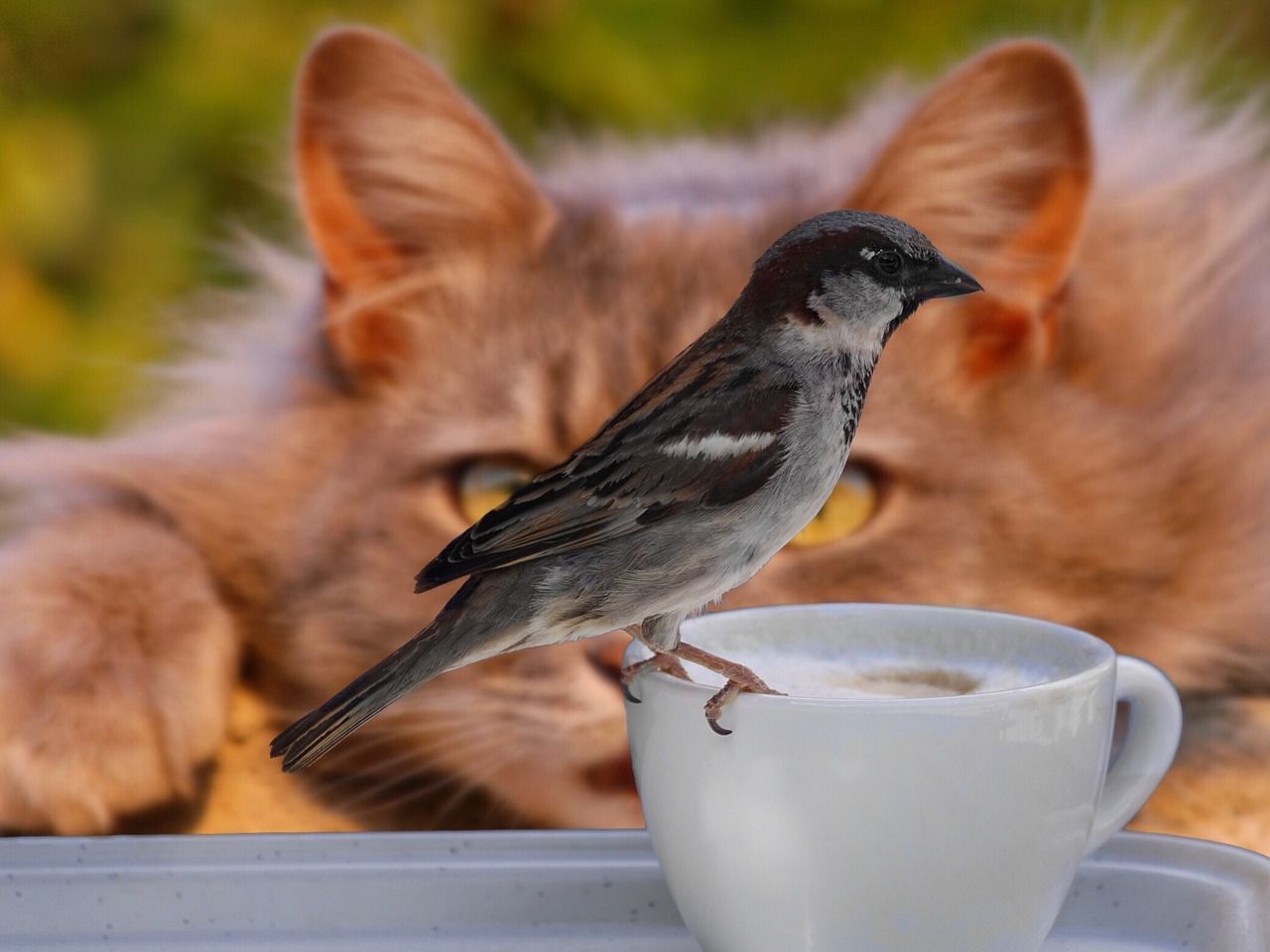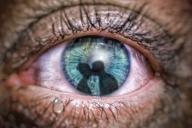Pet owners often notice that their cats make strange sounds and act differently when they see flies or birds through windows.
They often don't even try to attack - just vocalize and look at them attentively.
Here is why cats act like that.
Prey Instincts
Cats are born hunters, and their predatory instincts are deeply ingrained.
When they see a fly or bird, their natural instinct is triggered, and they may exhibit behaviors such as stalking, pouncing, and swatting.

Movement and Visual Stimulation
Cats are visually stimulated by fast-moving objects, and the movement of flies and birds can be intriguing and captivating to them.
Play Behavior
For domesticated cats, chasing and "playing" with flies and birds can be a form of entertainment and mental stimulation.
The movement of the prey triggers their play instincts, providing an outlet for their energy and keeping them engaged.
Exercise and Hunting Practice
Chasing after flies and birds can provide exercise for cats, especially for indoor cats who may have limited opportunities to engage in natural hunting behaviors.
Frustration and Impulsiveness
Cats may become visibly frustrated or excited when they are unable to catch their prey.
This can manifest as increased vocalization, heightened alertness, or frantic behavior.
Hunting Practice and Genetics
Even well-fed domesticated cats retain their hunting instincts.
The behavior displayed when they see flies and birds is often an expression of their natural drive to hunt and capture prey.









